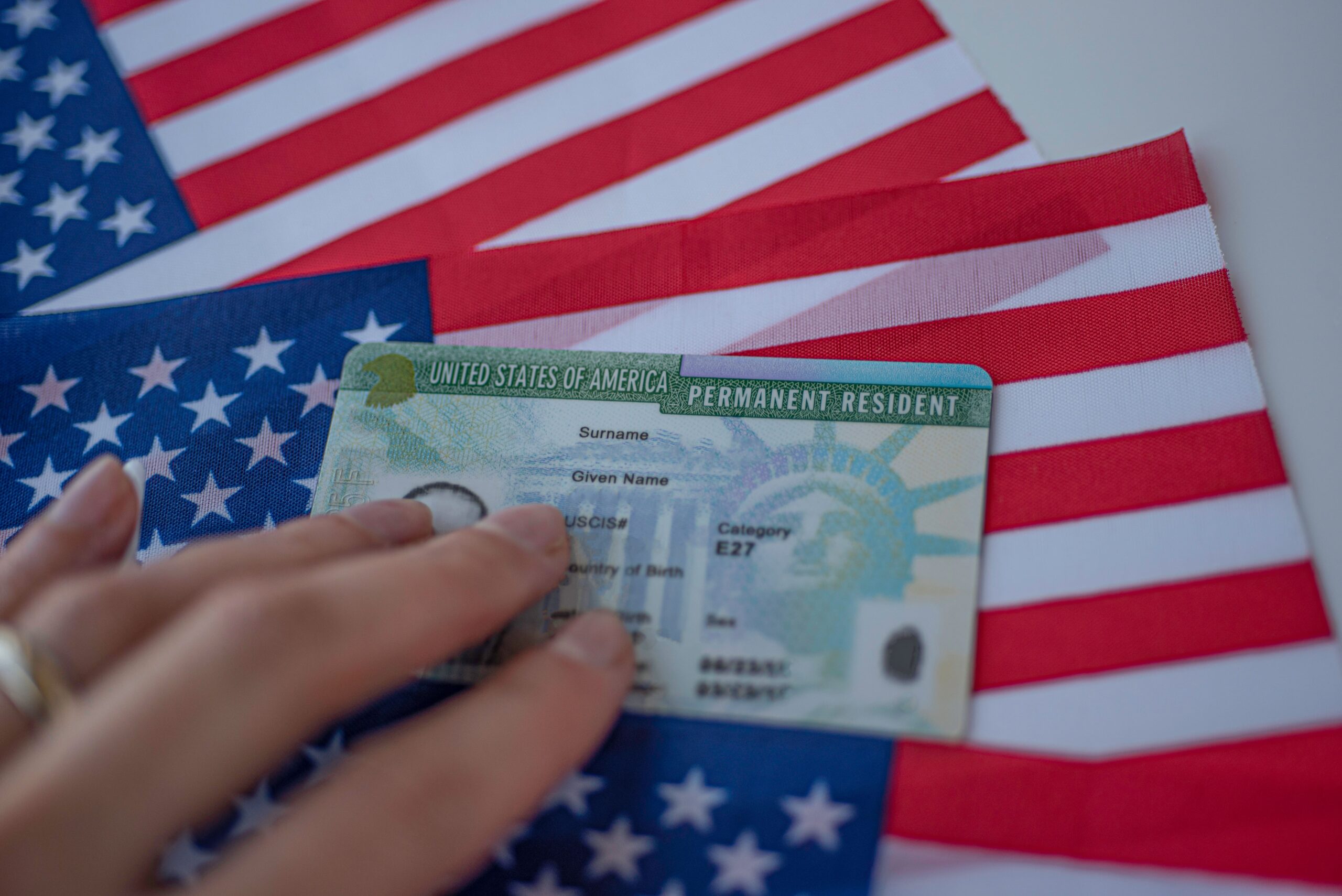If you are not a U.S. citizen but live in the United States, you are likely subject to alien registration requirements. These registration requirements help the U.S. government track noncitizens living within the country. In April 2025, U.S. Citizenship and Immigration Services (USCIS) introduced changes to the requirements, including creating a new registration form, clarifying who needs to register and when, and authorizing criminal penalties for failure to comply.
At the Law Office of Rosina C. Stambaugh, we understand how confusing immigration procedures can be, especially when the rules change. Led by Rosina Stambaugh, our team helps noncitizens work through the U.S. immigration system, staying on top of changes all the while.
What Is Alien Registration?
U.S. immigration law uses the term “alien” to refer to all individuals who are not U.S. citizens. The term may appear confusing or even disrespectful, but it comes from immigration laws enacted decades ago that have not been updated to reflect modern language. While the Biden administration was phasing the term out, the Trump administration has resurrected it.
So, what is alien registration? To register as an “alien” in the U.S., noncitizens must:
- File paperwork with USCIS or U.S. Customs and Border Protection (CBP), providing identifying information such as name, date of birth, and country of origin;
- Receive an Alien Registration Number (A-Number), a unique identifier noncitizens use throughout the immigration process;
- Provide biometrics, including fingerprints and a photograph; and
- Notify USCIS of changes to your address within 10 days.
Applicants under age 14 are exempt from the fingerprinting requirements until they turn 14.
How Do Most Noncitizens Complete Alien Registration with USCIS?
Most non-citizens who apply for immigration benefits complete the registration process during and as part of the application process. You have likely already completed your alien registration with USCIS if you have received:
- A green card,
- Parole into the U.S,
- A valid visa before your last entry to the U.S.,
- An employment authorization document (EAD), or
- A Border Crossing Card.
You may also have registered if you entered the U.S. on a valid nonimmigrant (temporary) visa or applied for a green card and provided fingerprints, even if you have not yet received the card or your application was denied. The government also registers noncitizens when it places them in removal (deportation) proceedings.
Not all noncitizens fall into a clear-cut registration status. For example, if you are in the U.S. on a special humanitarian status or have applied for but not received asylum, you may officially register when you get an EAD. If you have questions about whether you are registered, speak with an immigration attorney.
Alien Registration Requirements as of April 2025
In April 2025, USCIS implemented several changes to the alien registration requirements. Of primary concern are the changes, which include a new registration form, new penalties related to address changes, the requirement that noncitizens carry proof of registration, and special rules for noncitizens previously exempt from fingerprinting requirements.
Who Is Covered?
The new registration requirements apply to most noncitizens who have not registered and been present in the U.S. for more than 30 consecutive days. Diplomats and other foreign officials are exempt.
The rules do apply to undocumented individuals. In fact, since most noncitizens register during the application process, the rule may be designed to target the undocumented.
Crucially, if you are undocumented and concerned about how these changes may impact you, contact us before filing anything. Completing the process without first consulting a lawyer can open you up to legal risks, including the risk of deportation.
New Registration Form
USCIS issued Form I-325R, Biographic Information (Registration), to enable unregistered noncitizens to complete the process. You must submit the form online. Each noncitizen, including minors, who files must have their own USCIS account.
Proof of Registration
All noncitizens must carry proof of their registration at all times. Proof of registration includes:
- Green cards (I-551),
- EADs (I-766),
- I-94 Arrival/Departure Records (I-94),
- Crewmen’s Landing Permits (I-95 or I-184),
- Border Crossing Cards (I-185 or I-186),
- Notice of Hearing in an immigration court (I-221 or I-221S),
- Notice to Appear in or Notice of Referral to immigration court (Form I-862 or Form I-863), and
- USCIS Proof of Alien G-325R Registration.
Noncitizens must produce identification if requested by law enforcement or another government official. Failure to produce proof of registration is a misdemeanor, with a potential fine of up to $5,000, up to 30 days imprisonment, or both.
Address Changes
The requirement that noncitizens update their address with USCIS within 10 days has been around for a long time. The April 2025 changes added penalties for failure to file on time: a fine up to $5,000, up to 30 days imprisonment, or both.
The government has also claimed the right to issue removal (deportation) proceedings against individuals who fail to comply with the address rule. To defend against deportation, you must provide evidence indicating you had a good excuse for not filing or did not willfully choose not to file.
Noncitizens Previously Exempt from Fingerprinting Due to Age
A noncitizen in the U.S. who turns 14 and has not already provided their fingerprints must provide them within 30 days of their 14th birthday. To do so, the noncitizen’s parent or the noncitizen can complete Form I-325R, but the 14-year-old must be the one to provide the fingerprints.
What Is an Alien Registration Card?
Noncitizens with the right to stay in the U.S. permanently are lawful permanent residents (LPRs). LPRs receive permanent residence cards, often called green cards. The term “alien registration card” is an outdated name for a permanent resident or green card. All green card holders are registered aliens, but not everyone subject to the alien registration requirements has a green card.
Speak with an Attorney
The new alien registration requirements can inspire confusion, especially if you are unsure whether you are already compliant. At the Law Office of Rosina C. Stambaugh, we help noncitizens understand their legal obligations and protect their status in the U.S. Our firm is committed to helping immigrants and their families protect their rights. Contact us to schedule a consultation.
Resources:
- Registration and fingerprinting, 8 C.F.R. § 264.1 (2025), link.
- Executive Order, Protecting the American People Against Invasion, link.
- USCIS, Alien Registration Requirement, link.
- USCIS, AR-11, Alien’s Change of Address Card, link.
- USCIS, G-325R, Biographic Information (Registration), link.
- USCIS, How to Change Your Address, link.






